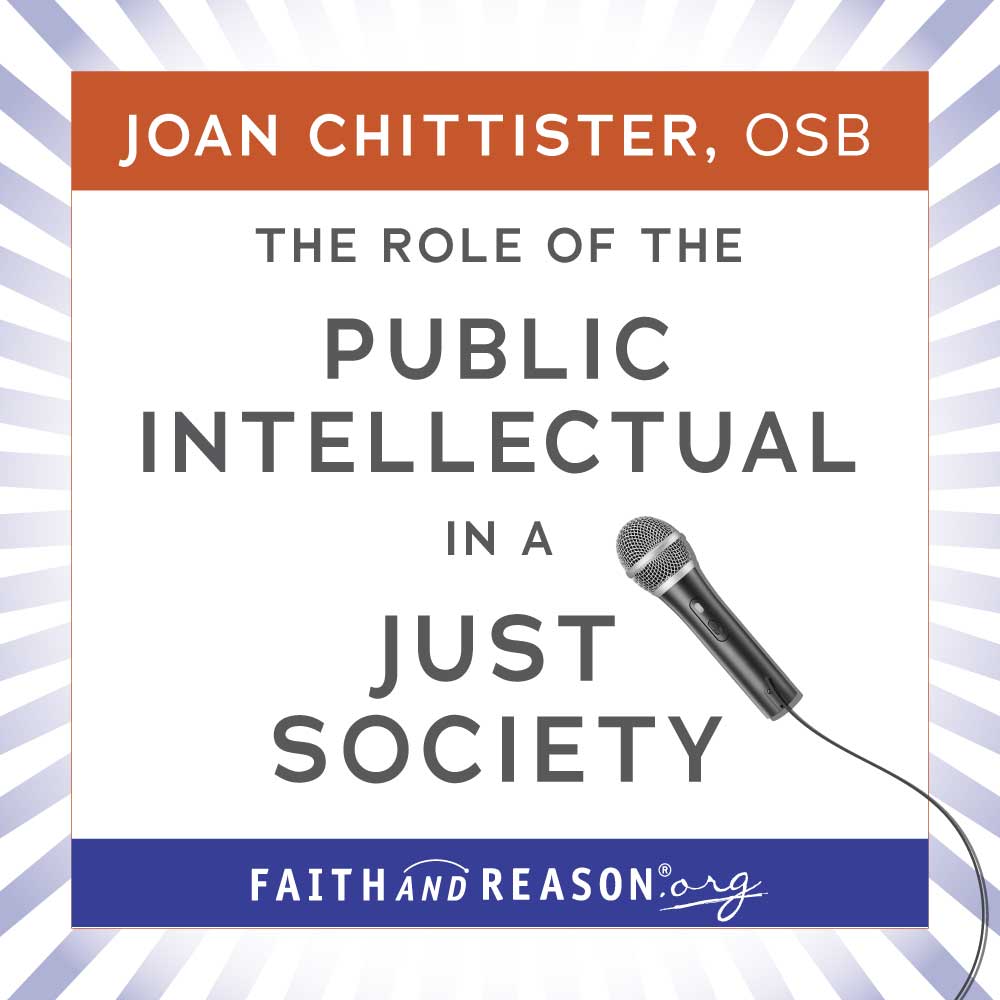
About Course
Sr. Joan Chittister issues a call to all of us to become public intellectuals.
Sr. Joan’s lessons on The Public Intellectual open up a new awareness that illuminates a blind spot that can develop for progressive thinkers. Traditional liberals have typically focused on critical thinking about biblical exploration and constructive theology. The unintended consequence of such an academic focus has been to overlook the reformative power of what can happen when this debate is held not behind closed doors, but in the public square.
Joan tells us that the role of the “public intellectual” is to publicly and relentlessly challenge systemic injustices that infect and contaminate the political, civic and religious institutions across our society.
“The Role of the Public Intellectual in a Just Society” will inspire church groups and individual learners to push in their everyday lives—as Jesus did—for transformative change that lifts up those who are left out of our society.
Course Content
The Freedom of the Public Intellectual
-
Introduction
-
Video: The Freedom of the Public Intellectual
18:59 -
Reflection Questions
The Job of the Public Intellectual
The Public Intellectual as Relentless Challenger
The Public Intellectual and the Next Generation
Participation
Student Ratings & Reviews

